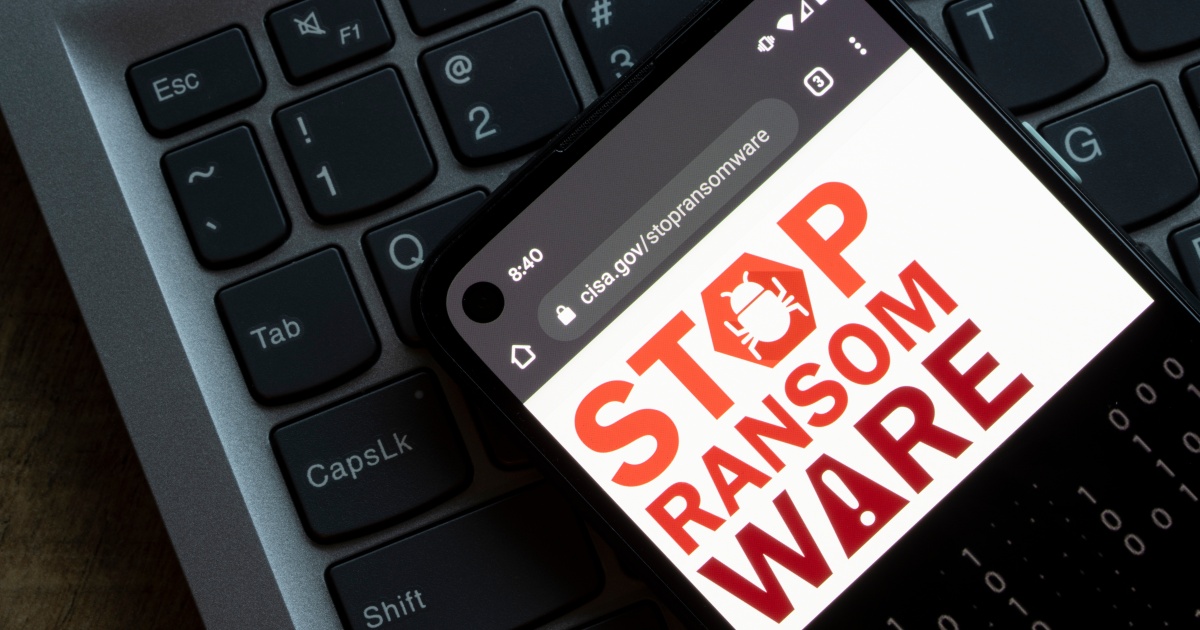Remote Work Continues to Prevail But When Browses Are Left Unprotected, Attacks Increase

Leveraging the vast new amount of digital attack surface area as having employees work remotely is becoming the rule rather than the exception, cyber attackers are benefitting from increasingly sophisticated ways to hack into mobile devices and computers using browsers and methods. Increasingly, that includes “social engineering,” which attempts to fool users into clicking on nefarious links to fake sites, or otherwise giving up credentials.
Among the new types of attacks cybercriminals can use when attempting to breach servers, browser-based and web-borne attacks have become the most common. Currently, 85 percentof all current malware is spread via web browsers, costing organizations an average of $3.2M.
These types of attacks exploit vulnerabilities, such as outdated browsers, plug-ins, and other components, injecting malicious code into website components. Furthermore, these types of attacks can be leveraged to deliver anything from zero-day attacks to ransomware, crypto miners, and other malicious browser-executable code, making them among the hardest to prepare and defend against.
DefensX, a developer of zero-trust cybersecurity applications, announced it has partnered with lifecell, a Ukrainian telecommunications operator providing mobile communication and data transfer services based on high-speed Internet, to provide next-level protection against growing, web-borne cyber attacks.
“We are proud to bring an array of solutions to lifecell as digital attacks continue to rise in war-torn Ukraine,” said Halis Osman Erkan, founder and CEO of DefensX, which is a platform designed for service providers, enabling effective, easy-to-install, and manage, and cost-effective browser-based, pure cloud cyber protection at a fraction of the price of legacy solutions. “Given our complementary architectures and shared vision for cloud and internet-based communications applications, DefensX and lifecell are a perfect fit, especially as cloud telco digital transformation accelerates.”
Eighty percent of cyber attacks involve web browsers, and DefensX Secure Web Browser protects individuals and organizations from being infected by malware on malicious websites, phishing attacks designed to steal credentials. It also protects against increasingly sophisticated Adware, a type of malware that displays unwanted advertisements on smartphones and computers, commonly activated unknowingly when users are trying to install legitimate applications that Adware is bundled with.
The DefensX Secure Web Browser made by lifecell is available to all its subscribers who seek privacy and protection of their personal data on the Internet. DefensX can be activated in minutes on one to five devices using a USSD code or SMS.
Subscribers of lifecell simply start using the DefensX browser, which identifies malicious websites and blocks accessing these sites to protect individuals and businesses from various types of web threats.
Specific features include:
Zero Trust Web Protection
There are many risky websites on the internet, and subscribers may find themselves visiting one of the malicious websites without knowing what is waiting for them there. DefensX identifies malicious websites and blocks accessing these sites to protect users from various types of web threats.
Zero Trust Credentials Protection
Phishing attacks pretending to be legitimate websites trick end-users into entering their usernames/passwords to steal valuable, personal, and sensitive data. DefensX uses Artificial Intelligence to identify phishing web pages and prevents users from entering their passwords, stopping cyber criminals in their tracks.
Adware Protection
DefensX detects potential ADware attack surfaces within web pages and removes those risk elements in the web pages. DefensX not only protects end-users and businesses from harmful ADware but does so without slowing down or otherwise preventing a smooth user experience.
“DefensX also brings lifecell an immediate solution addressing the alarming growth of zero-day attacks, so much so that we refer to our solution as zero-hour,” Erkan said. “Our phishing protection/credential protection feature has AI capabilities that can detect computer-software vulnerabilities previously unknown to those who need real-time mediation, including providers of the target software. Until the vulnerability is mitigated, hackers can exploit it to adversely affect programs, data, additional computers, or a network, leading to potentially severely damaging devices, networks, and applications.”
Arti Loftus is an experienced Information Technology specialist with a demonstrated history of working in the research, writing, and editing industry with many published articles under her belt.
Edited by
This article was originally published on FUTURE Of WORK